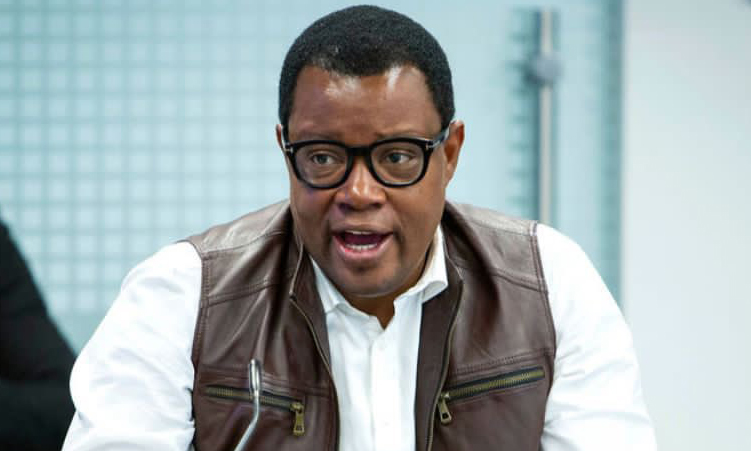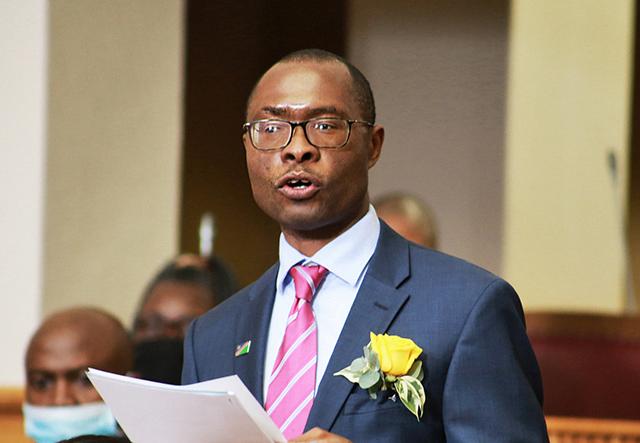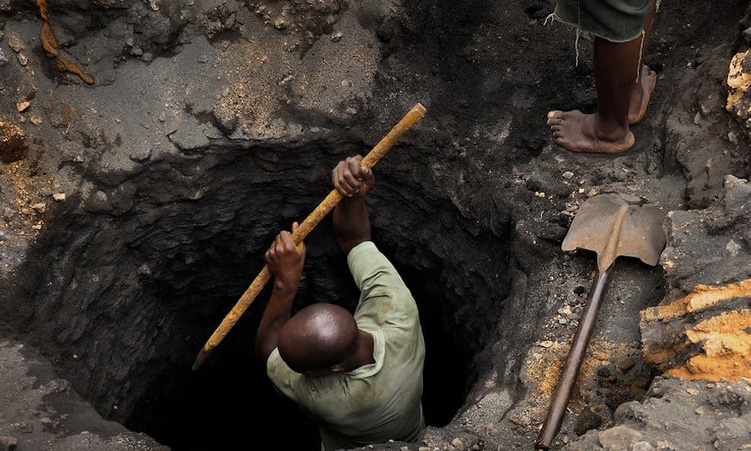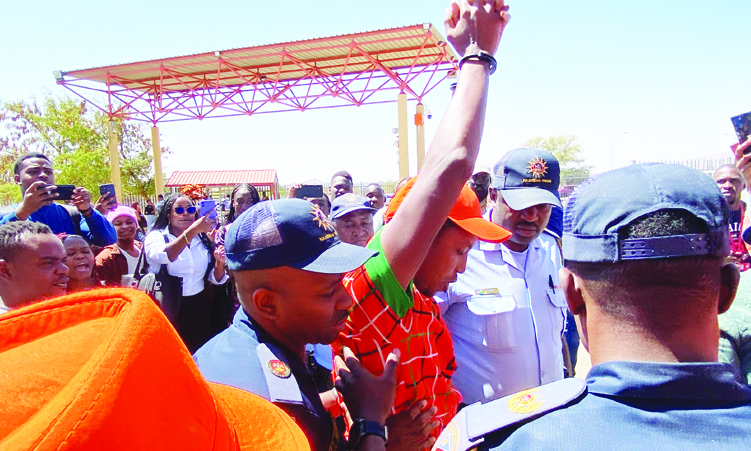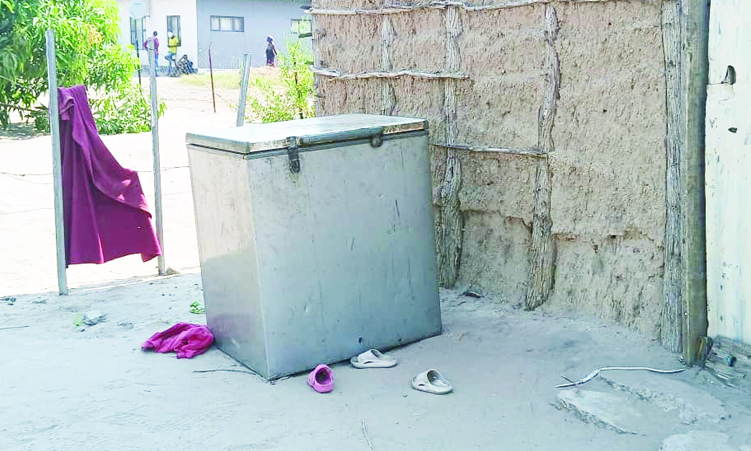Popular Democratic Movement (PDM) president McHenry Venaani says he plans to introduce a private member’s bill in the National Assembly to regulate the formal recognition of a Baster traditional authority.
Additionally, the bill intends to facilitate the establishment of traditional authorities in urban areas, provided that these areas represent the historical origins of the respective communities.
“The objective of the bill is to accommodate the evolving landscape of urbanisation, a dynamic that continually reshapes Namibian society, without displacing people from their ancestral grounds,” Venaani says.
He also says it is imperative that traditional authorities receive due recognition and jurisdiction within urban settings, especially when such localities serve as historical epicentres of the communities in question.
In April 2021, retired teacher Jacky Britz was elected as the leader of the Baster community after receiving 2 583 votes.
Britz defeated businessman Rynault van Wyk, who received 523 votes. A total of 3 106 votes were cast.
The election was not without its share of controversy, with Van Wyk approaching the High Court in an attempt to have the polls postponed – citing that the election “was not properly organised and was being rushed”.
Windhoek High Court judge Boas Usiku, however, refused to hear an application to stop the poll as an urgent matter.
Before striking Van Wyk’s case from the court roll, the judge said Van Wyk knew since the time when he and Britz were nominated as candidates on what date the election was scheduled to take place, yet he filed his urgent application only one day before the election was to be held.
‘WE WANT BENEFITS’
Britz told The Namibian that, as a community, the Baster people would only benefit from being recognised as a fully fledged traditional authority in Namibia.
“We are not recognised as a traditional authority at the moment, and as such our people are losing out on projects and government initiatives through which other communities are benefiting, such as the drought-relief programme,” he said.
Britz said his council has already started the process of applying for government recognition, but that there are “cumbersome procedures” which need to be followed.
“Worse still, there is a Supreme Court appeal case that was lodged by a small group of people within our community, which is now delaying our quest to get recognition and work with the government of the day,” he said.
Britz was referring to the High Court case was launched by Van Wyk’s camp during the 2021 election and a subsequent appeal to the Supreme Court.
Van Wyk told The Namibian yesterday that Venaani’s motion came as a surprise to the community.
“You must first do your homework and talk to the community who you are speaking for before you go to parliament, unless you want political points or have a certain agenda,” he said.
He said Venaani has no background on the motion, which makes his efforts vague.
“This community has been part of court cases […] where one of the judges came to the conclusion that the community’s traditional authority does not exist,” he added.
He said this is part of the historical background Venaani should have consulted the community about.
Stay informed with The Namibian – your source for credible journalism. Get in-depth reporting and opinions for
only N$85 a month. Invest in journalism, invest in democracy –
Subscribe Now!


